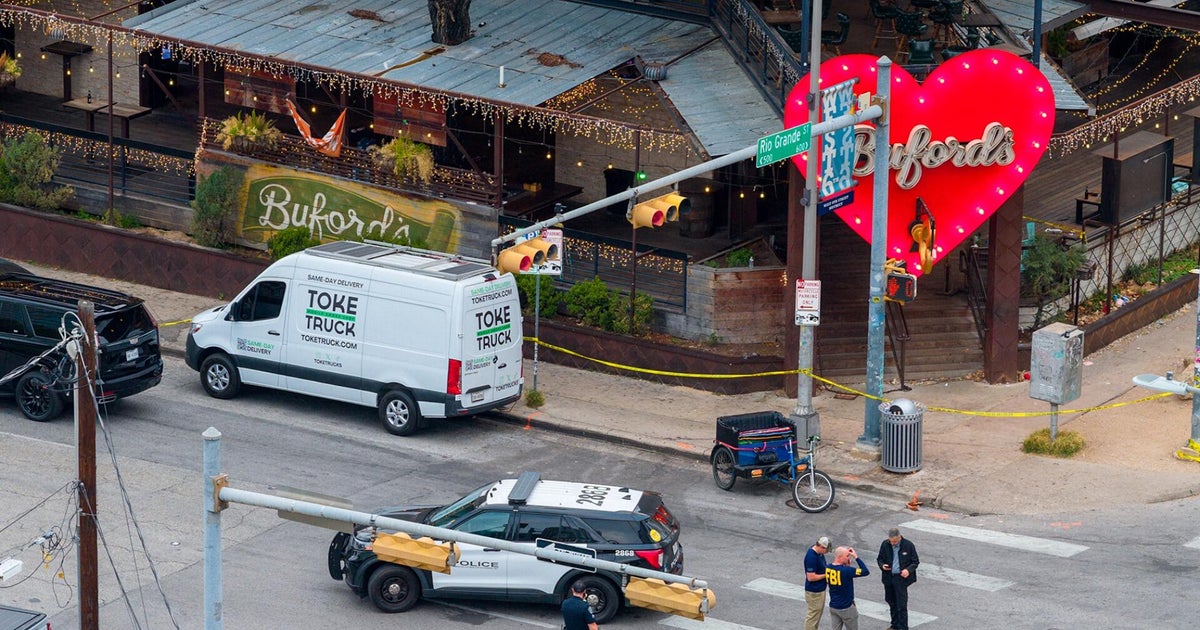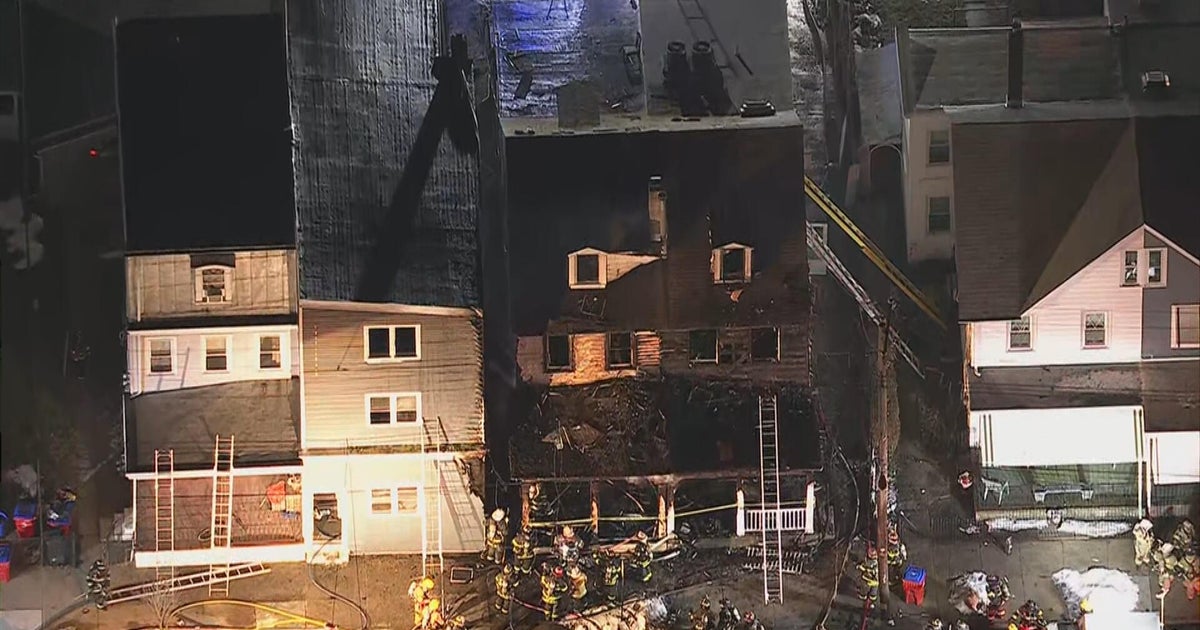Expert: Insanity Defense Difficult For Home Invasion Killer
NASHUA, N.H. (CBS) - Christopher Gribble admits he took part in one of the most vicious and gruesome crimes in New Hampshire's recent history: the machete and knife attack inside a family's home that left a Kimberly Cates dead and her daughter Jaime permanently injured.
The question for the jury is-- was he legally insane?
"Crazy in NH can mean whatever the jury decides it means," said University of New Hampshire law professor Albert Scherr. He said New Hampshire law gives juries an unusual amount of say in the matter.
"It does not tell the jury what counts as a mental disease or defect. No definition, it's completely up to jury, it does not require a medical diagnosis," said Scherr.
WBZ-TV's Peg Rusconi reports.
According to police reports, Gribble claimed to be a sociopath.
But Scherr said proving insanity is difficult, in part because juries tend to be skeptical.
"The idea that defendant is getting off on a technicality, the idea that he's faking it, the idea that he doesn't look like he's nuts," said Scherr, all create an uphill battle.
Late last year, Steven Spader, who wielded a machete during the attacks, was convicted and sent to prison for life.
With the insanity defense, Scherr says the only questions for Gribble are where he'll be held and for how long.
As Judge Gillian Abramson told potential jurors, even if they find Gribble not guilty by reason of insanity, he could still spend the rest of his life in a secure state psychiatric unit, if he's deemed a danger to the public.
Said Scherr, "Technically he's either insane and subject to lengthy commitment or he's sane and will serve a life without parole sentence."
The murder trial is expected to start on March 14th.
Of the 130-prospective jurors brought in on the first day of screening, about 100 raised their hands when asked if they'd have a problem serving on this trial.







